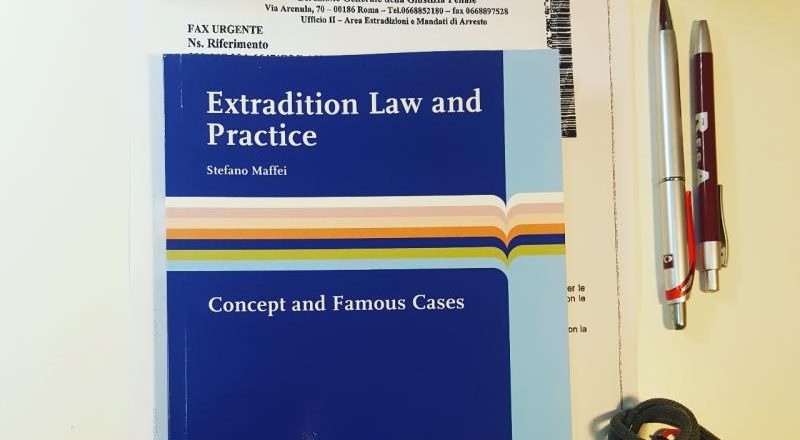Dutch soccer player convicted in absentia for drug trafficking is arrested in Dubai following extradition request European soccer player Quincy Promes, who was convicted in absentia for drug smuggling last month in the Netherlands, has been arrested in Dubai at the request of Dutch prosecutors who are seeking his extradition. Promes, […]
Read moreHome
What is “international extradition”?
International extradition is the legal (multi-.faceted) process based on a treaty, reciprocity, comity, or national law, whereby one country (the Requested country), at the request of another country (the Requesting country), grants to the latter the return of a person to face prosecution, stand trial, or serve a given sentence. In theory, extraditable individuals will include those charged (or suspects awaiting a charge) with a criminal offense while proceedings are pending against them, those who have been tried and convicted in absentia, and those who have escaped an arrest warrant or other incarceration order at some point during the process. A distinction must be drawn between international extradition for the purpose of prosecution (often called extradition for accusation) and international extradition for the purpose of executing sentence (extradition for conviction).
What is “the European Arrest Warrant”?
In the European Union, traditional extradition procedures were replaced over twenty years ago by the “European Arrest Warrant”. the EAW can be defined as a simplified cross-border judicial surrender procedure for the purpose of prosecution or executing a custodial sentence or detention order. Its legal basis is the Framework Decision 2002/584/JHA – which has been transposed by Member States into their national systems with ad hoc statutes. The United Kingdom was part of the EAW until it exited the European Union.
Why this portal?
This portal is a forum for extradition lawyers, experts and scholars. It offers updates on current extradition cases, access to multiple resources to legal practitioners involved in extradition proceedings. It also serves the purpose of promoting a yearly annual reunion of extradition lawyers from all over the world.








